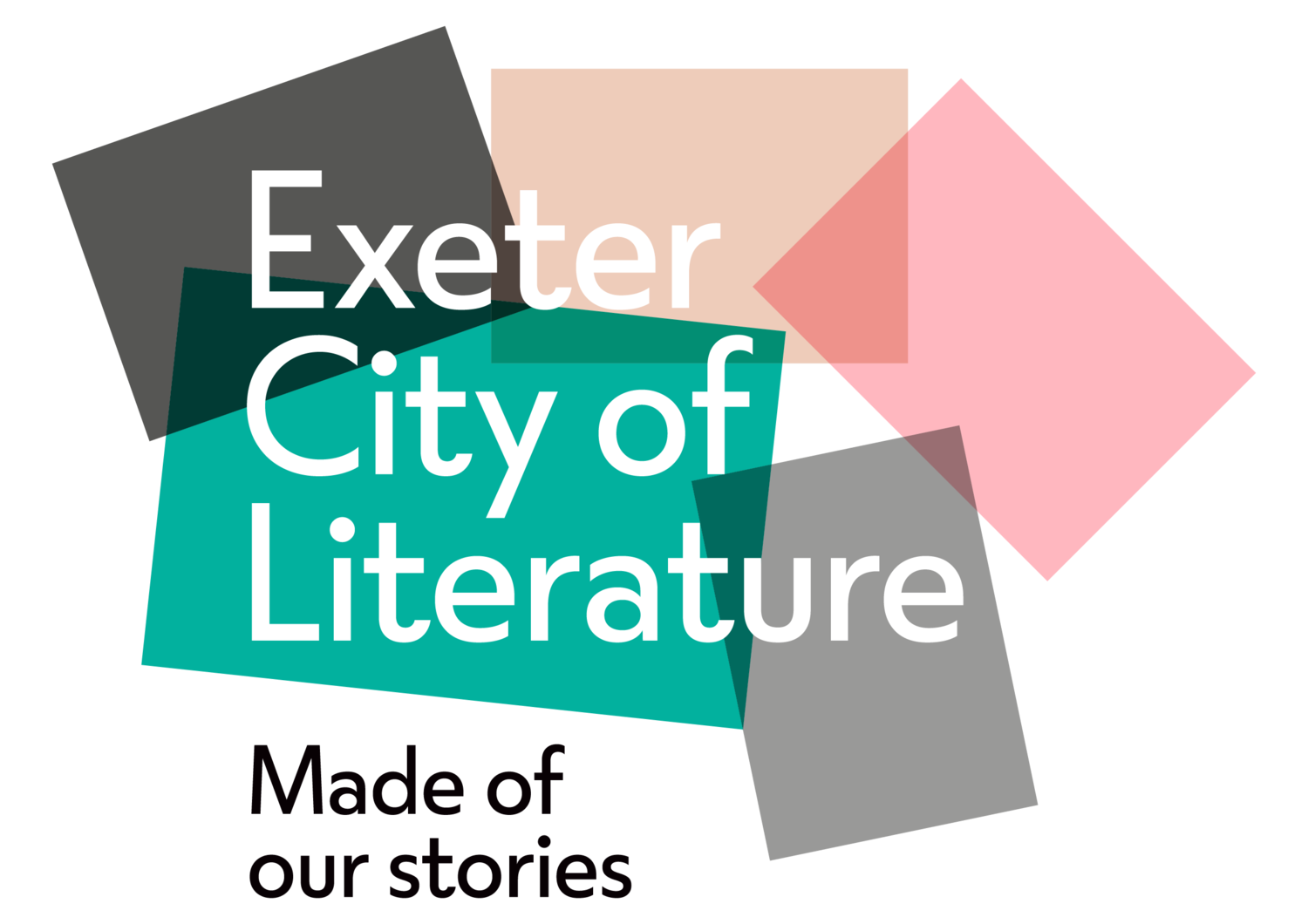Exeter Cathedral Library & Archives
Housed in the West Wing of the Bishop’s Palace is a modern library and archive facility in which are preserved and made accessible the Dean & Chapter’s many thousands of books and documents, which span the 10th to 21st centuries.
It is home to heritage treasures such as The Exeter Book, Exon Domesday, and Shakespeare’s Second Folio, and we are thrilled to work with the Exeter Cathedral Library & Archives through the Partnership Network.
‘Accredited Archive’ status was awarded in 2014 (and renewed in 2017), recognising that the Library and Archives continues to meet clearly defined national standards relating to management and resourcing; the care of its unique collections and what the service offers to its entire range of users.
The Library contains medieval manuscripts, early printed books and modern published texts on a remarkable range of subjects including local history, theology, medicine, science and many more.
The Archives contain unique original records documenting the history of the Cathedral and its Dean & Chapter including the buildings, people and former estates across Devon and Cornwall (and Bampton, Oxfordshire).
You can find out more about what is in the collections by searching the online catalogues.
The Exeter Book
The Exeter Book is a 10th-century anthology of poetry in Old English and is of major importance to Exeter Cathedral, the Cathedral Library and English literature itself.
Exeter Dean and Chapter Manuscript 3501, usually known as the Exeter Book, was written down by a single scribe – no doubt a monk – in about 970. It is one of the oldest items in Exeter Cathedral Library and constitutes the library’s foundation volume.
Its great importance lies in its contents and the language in which it is written, since Old English (or Anglo-Saxon) is the oldest form of English, which was starting to die out as early as the 12th century. The vast majority of medieval western manuscripts are written in Latin, so the fact that it is written in English makes it unusual in itself.
Even more distinguishing, however, is the fact that it is a literary manuscript, specifically a collection of poems, a verse anthology. Most surviving Old English texts are in prose – the Anglo-Saxon Chronicle, for example – and there are only four known poetic manuscripts: the Beowulf manuscript in the British Library, the Junius manuscript in Oxford, the Vercelli Book in Italy, and the Exeter Book. Though incomplete and damaged in a few places, the Exeter Book is the largest, the best preserved and probably the oldest of these manuscripts. This means that what we have, here in Exeter, is nothing less than the oldest book of English literature in the world – a book of national, indeed international, importance and incalculable value.
The Exeter Book was a core heritage factor of the UNESCO City of Literature bid, and has inspired writers from J.R.R. Tolkien to W.H. Auden, as well as Exeter Cathedral’s first Riddler In Residence!
A note about viewing the Exeter Book
So that people can have access to this extraordinary book and learn about it, we arrange sessions throughout the year when it is put on display – keep an eye on this website to find out the dates if you would like to join in one of these sessions. It is also important that this precious book is preserved for the future, so we keep it in controlled conditions for the rest of the time. The only exception to this policy is that we make it available to scholars whose research makes it necessary to work directly with the manuscript.
Gaia Creates
We’re very excited to be working with Exeter Cathedral on a series of events and projects centred on Luke Jerram’s Gaia, an incredible installation which will be housed in the Cathedral in February.
Check out our Project Page for more info!
For Researchers
The library & archives offer an enquiry service where they will advise you on the sources they have to address your research topic, and can carry out basic look-ups for you. For those who cannot visit in person they also offer a commissioned research service.
Research appointments to consult material from the collections are available Monday-Friday, 10am-4pm. A professional librarian or archivist will be on duty during your visit – supported by their volunteer team – who will provide help and advice, and produce material for you from the strong room.
Please contact them in advance to make an appointment, as this gives them an opportunity to discuss your research needs before you arrive and enables the library & archives to manage space in the reading room. Unfortunately, they cannot guarantee to accommodate your visit if you haven’t informed them in advance (though they will try).




